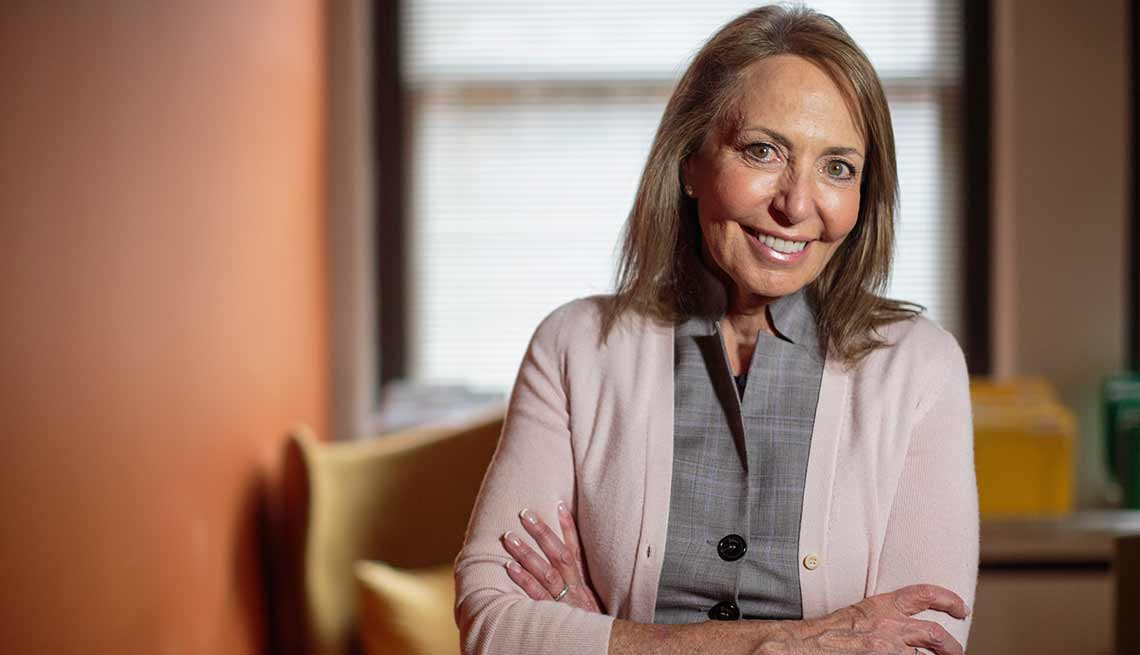Staying Fit
This child psychiatrist and trauma specialist uses brain science to transform public education in high-poverty schools cross America.
A few weeks after September 11, 2001, Pamela Cantor, then 53, received a call from the New York City Board of Education asking her to lead a team to assess the emotional impact of the attacks on the city’s public school children. As a child psychiatrist specializing in trauma for nearly two decades, she welcomed the opportunity.
However, what she discovered from her team’s assessment surprised her. “From lower Manhattan to the Bronx, most of the children I met were traumatized less by what they had witnessed that terrifying morning than by the experience of growing up in poverty,” says Cantor. “What’s more, I found the city’s schools woefully ill-equipped to teach children with such intense needs.”
Her study found that one in five children in New York City met the criteria for a full-blown psychiatric disorder, and 68 percent had exposure to trauma sufficient to impair their functioning in school. These findings were most prevalent in schools located in communities of great poverty.
This significant eye-opener served as the catalyst for Cantor’s encore career. In 2002, she founded the nonprofit Turnaround for Children, which partners with public schools to address the obstacles to teaching and learning that stem from the stress of poverty. Since then, Dr. Cantor’s innovative approach has reached tens of thousands of students in 86 of the most challenging schools in New York City, Washington, D.C., and Newark, N.J.
Teachers, social workers and school leaders are trained to build an environment that reduces stress, fosters positive connections with adults, delivers rigorous and engaging content and promotes attributes common among all successful students. So far, they’ve reached thousands of school staff, and the results have been striking. As teachers become more skilled in creating calm, safe and effective classroom environments, and as children with behavioral issues receive timely mental health support, negative indicators, including suspensions, absenteeism and severe behavioral incidents, go down.
Cantor was primed both personally and professionally to move into this work. She had a turbulent childhood growing up in Yonkers, N.Y., with parents who were often unable to support her emotionally or academically. As extremely private people, the idea of going to someone outside of the family for help was unthinkable.
At age 15, though, Cantor learned about the power of psychiatry. During a family vacation, a woman seated next to her on a plane shared her own troubled family experiences and said she had been greatly helped by a therapist. “I asked if she could introduce me to him, and she did,” Cantor recalls.


































































